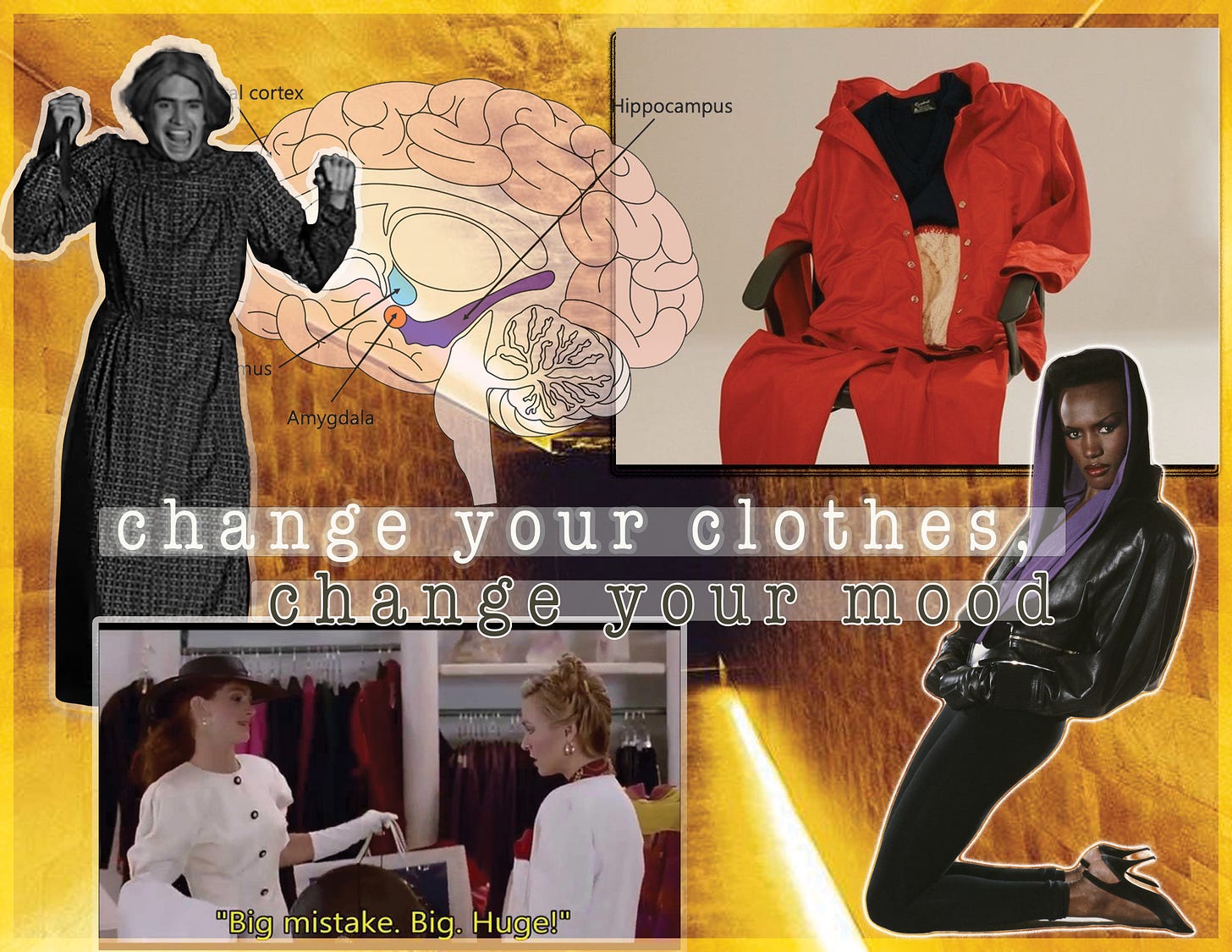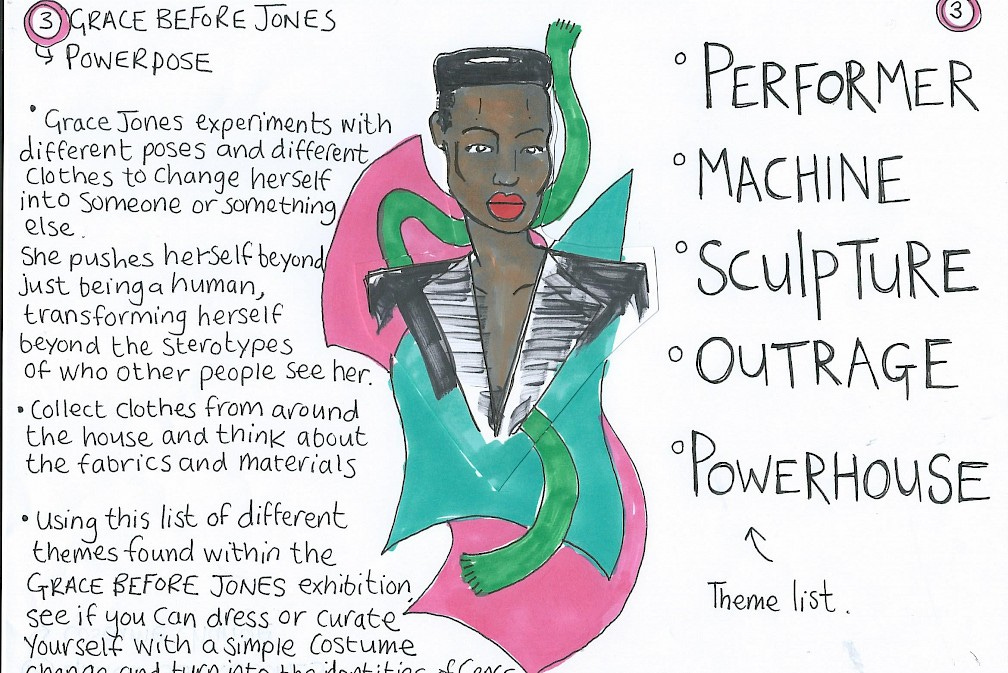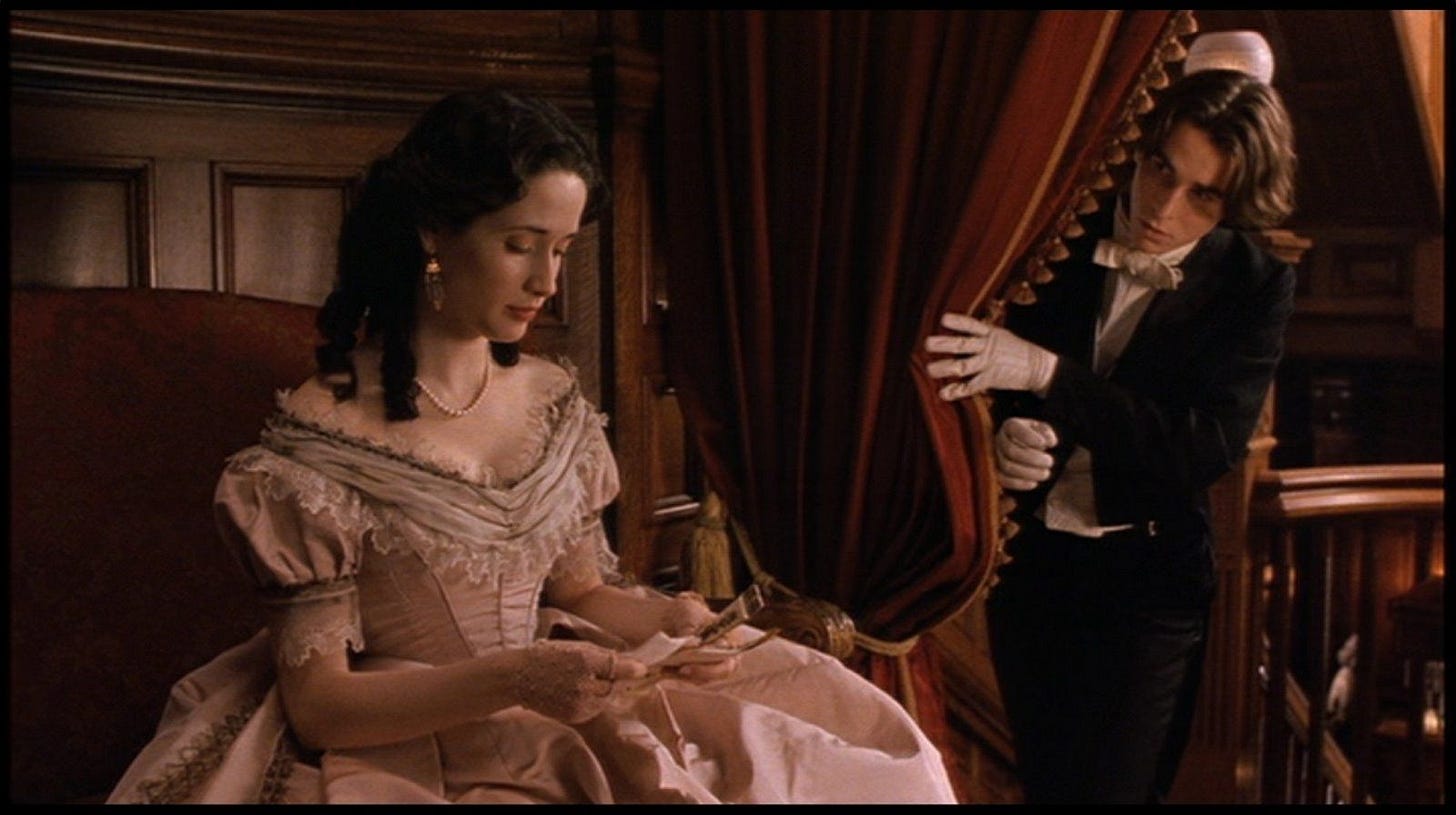Getting dressed to transform your mood
I'm trying to find refuge in my love/hate relationship with clothes.

Finding a point, or trying to, by experimentation with clothes
It’s times like these where it feels ridiculous to talk about clothes. Of course global events over the past year plus have made it uniquely horrifying to try and feel not helpless or hopeless. Really, the elect*on was merely another chain link added to a nightmarish necklace built to strangle us all, or at least those of us who aren’t in power. I don’t have the right words to express my own depletion and fear for the future. So instead I’m trying to focus on the radical act of creating or seeking joy. Because it really does feel like a (small) rebellion against the forces that wish you to remain in despair, to find pleasure in life. And finding joy through clothes is the curse, (and sometimes blessing) I bear.
Originally I’d planned a little autumnal gal cutesy post but NYC has been 80 degrees in November so that felt completely not applicable. There I go into the depths again…you can add an overheating planet to my list of obvious reasons for sadness. But, alas, I’m trying to stay positive. As David Lynch said:
“A lot of artists think they want anger. But a real, strong, bitter anger occupies the mind, leaving no room for creativity.”
Yet creativity through a clothing lens is often deemed extraneous to “what really matters”; a sentiment I have to remind myself is untrue. Getting dressed has been an integral part to being human for centuries now, regardless of the wearer’s stance or interest in fashion. Apparel design and style allow for creative expression; clothing manufacturing creates jobs (of course I’m wishful that USA manufacturing was more of a subsidized focus in the fashion industry today); clothing affects your mood, people’s perceptions of you, and a bad outfit can take your day from bad to worse. My friend once told me she left a party because she was not feeling like herself in one such “bad outfit”. What you wear can be a powerful signifier to if you’re a member of a particular group, or if you oppose a particular group (i.e. punk style); and we’re all too familiar with that instant gut reaction when we see a red baseball cap with white text.
How I’m getting dressed and what I’m working to create through design these days (stay tuned for new Villeine designs, very soon) is my own attempt at transforming my negative emotions into something else—hopefully something that fulfills a creative urge, or lifts my spirit. There is plentiful evidence to support the theory that what you wear does in fact affect your mood, your performance, and others’ perceptions of you.
Clothing is transformative

I came across the above artistic experiment via Nottingham Contemporary exhibit online and found it delightful. Grace Jones is a supreme example of how clothes offer transformative possibilities. With this experiment, the artists (a family :) outline five personas of Grace Jones that she achieves primarily through dress: powerhouse, performer, machine, sculpture, and outrage. Even if the direction you decide to clothe yourself in for a day is merely to escape into a different persona, that seems a more than worthy reason.
Clothing makes an impression
There are too many makeover movie scenes to count where a character shifts the way people perceive them by changing their style. Despite this plot line having reached the level of film trope, a makeover plot line continues to feel relevant to audiences, (and thrills us to watch), illustrating the importance fashion has on status and perception. But I’ll name a few stand-outs anyway: Brittany Murphy’s character in Clueless going from messy to posh, or perhaps most infamously there’s Julia Roberts’ character, Vivian, in Pretty Woman, clad in new designer clothes, exclaiming to the luxury sales associate: “Big Mistake. Huge!” in reference to the saleswoman’s previous refusal to assist Vivian in her shopping, when Vivian had been wearing a stereotypical outfit of a prostitute. Memorable for me is the scene in the original Little Women (1994, set in 1860s), where Laurie shames Meg for dressing rich and showing more skin, an exchange which I always found particularly painful to watch. Needless to say: what you wear plays a significant role in how people see you, regardless of if you want it to or not.
Clothing affects your mood
If instead you want to channel the powerhouse character (or perhaps just a sharpened version of yourself), the right ensemble can make all the difference. There have been studies of student test-takers who dressed more professionally versus those who went for a more casual look, and the suit or suit-adjacent wearers nearly always outperformed their jeans & T-shirt counterparts. Psychologists Hajo Adam & Adam Galinsky refer to this phenomenon as “enclothed cognition”, or the idea that what you wear can impact your mood and productivity.
Taken a step further using Adam and Galinsky’s theory of enclothed cognition as a starting point, fashion psychology researcher and professor at FIT, Dr. Dawnn Karen, believes we can achieve a sense of control through our clothing. Dr. Karen’s research lead her to conclude there are three primary behavioral patterns at the intersection of mood and dress: “Mood illustration dress is dressing to perpetuate your current mood, mood enhancement dress is dressing to optimise your current mood, and repetitious wardrobe complex is where you wear the same outfit or aesthetic daily to maintain your mood so you can increase productivity à la Silicon Valley types.” (via AU Fashion Journal). I have certainly subscribed to all three of these fashion/mood behaviors at different periods of my life.
Clothing is social
In a time when we feel polarized from one another, and more inclined to withdraw, avoid people and stay in, I really believe that the action of getting dressed with the purpose of getting the hell out of the house is a great social motivator. Besides the obvious reasons that clothing is social, such as in the form of religious dress, or in regional/work/community specific style, “stepping out” in a cute outfit to go see people has a similar effect to exercise: even if you don’t feel up for it at first, you reap the benefits after doing it. Side note, but, that’s why I take issue with current day celebrity Halloween; I don’t care about your costume if you’re just getting professional photographs taken at home, doing nothing?! Bring back the Page 6 partying era of the ‘90s and earlier, where famous people were actually socializing, often with *gasp* NON-celebrities.
This past week has made it all too easy to want to hide from the world and sink into the depths of misery. On Wednesday eve after the results were in for our next+again president, I found myself alone; friends were busy or ill, Ryan was at a late night soccer game. I had the choice to continue rotting in my comfy clothes or try out some weird outfit combination to feel something and “step out”. I ended up wearing an assortment of elements that felt true to my mood, combined with a goal to also enhance it: (I wore muted tones & a minimal, but frilly, sheer slip skirt), to walk to a bar nearby. It was there I ended up chatting a bit with strangers and neighbors, finding myself with my own perception shifting. Maybe it was the martini or the energy of solidarity from the people around me, but things didn’t feel so hopeless for the first time all day. And I have my clothes to thank for getting me out the door.
Hang in there, and keep trying to get dressed if only to get you out the door for now. xHannah







Really interesting and intellectual vibe on this one. It blew my mind and changed my perceptions about dress and us effects. Thank you for this one!
We're missing that connection with other people! Barb would've loved this sentiment.